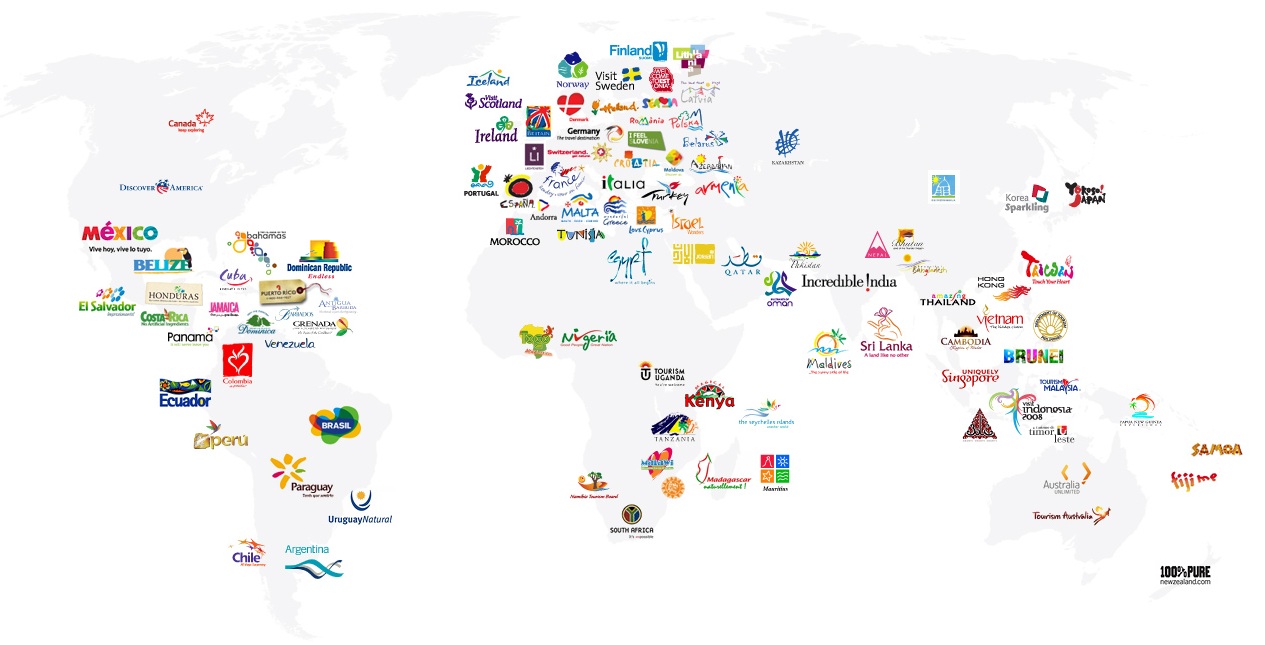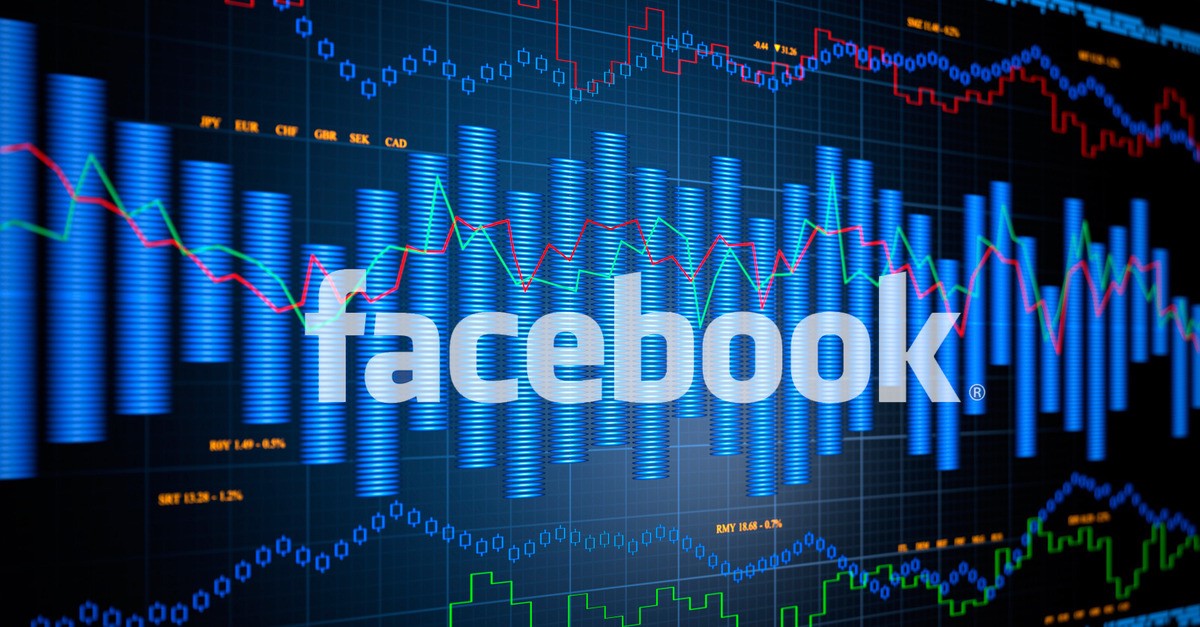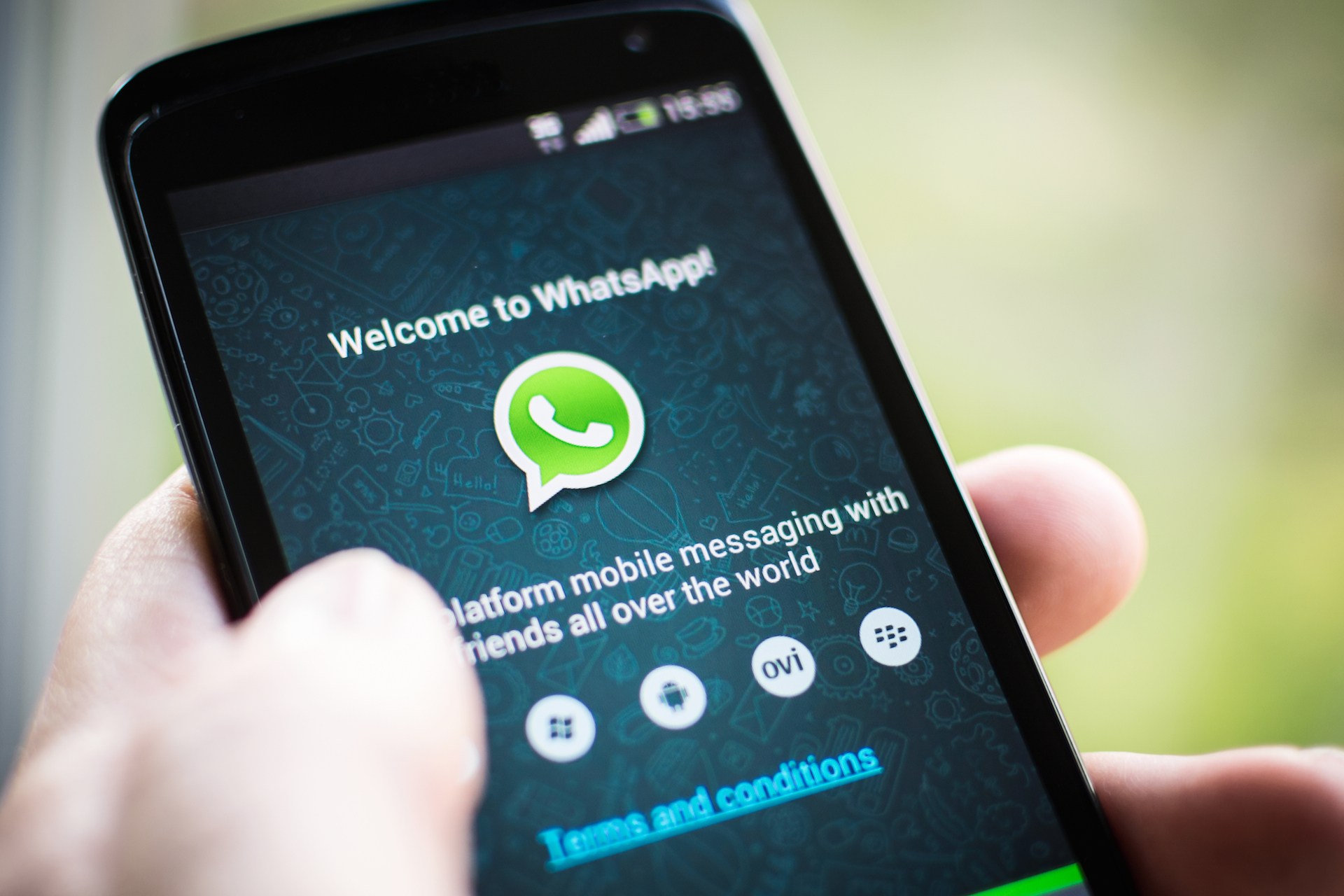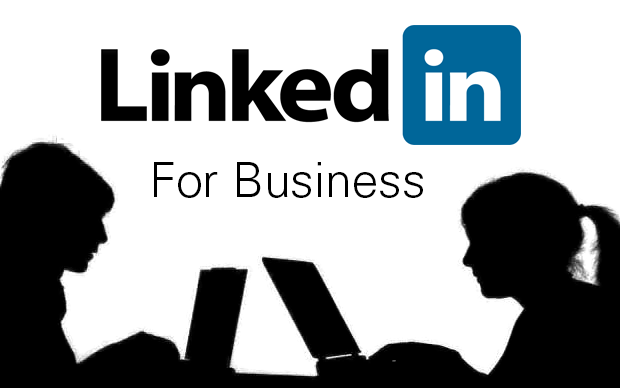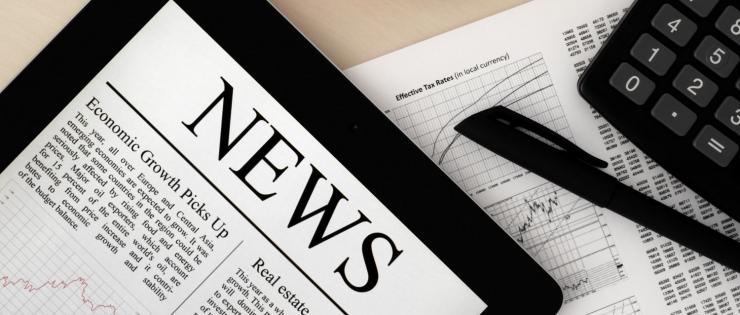
The current year wasn’t an easy for Brazilian economy. Although Brazil is struggling with political and economical crisis, some kind of businesses are not even perceiving crisis because of the growing profits. Sectors that invest in segmented digital marketing, including social media, are the ones that has more chance to get new customers and discover new markets. .
The World’s sixth largest country has the biggest social media users in the world: Brazilians spend around 8.8 hours per week connected on social media. Americans spend 5.2 hours per week instead, which means that Brazilians use 40% more social media than US citizens. With over 100 million people online, Brazil is now one of the fastest growing markets for social networks and inbound marketing.
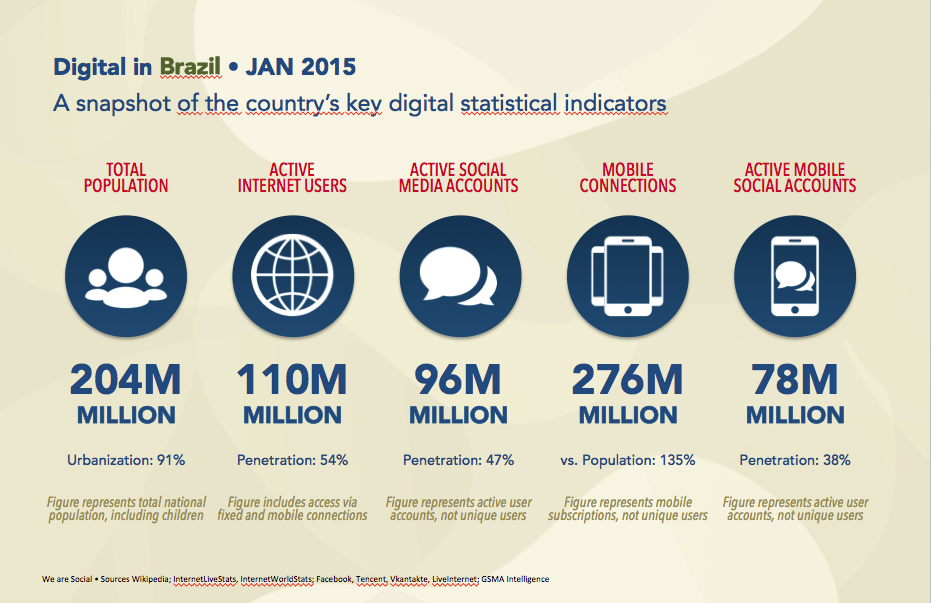
Thus, while the traditional media channels loses their influences year by year, social media is getting bigger and bigger. Here are a few examples of enterprises that have good engagement on social media:
Facebook: Starbucks Brazil
Twitter: Netflix
Instagram: National Geographic
YouTube: Coca-Cola
The country just hosted the 2014 World Cup and is ramping up for the 2016 Olympic Games in Rio de Janeiro. But beyond these global events, the country is attracting attention from global brands interested in create deeper relationships with Brazilian customers. And this relationship is build up especially through social media channels.
Opportunities on social media for Brazilian audiences
A good opportunity for global brands and establishments is to be fast on start building up social media strategies and inbound marketing.
Two main reasons:
- “Brazil is for sale”. The quote was made by one of the biggest business man in Brazil, Abilio Diniz. The affirmative means that at the present moment there are opportunities for overseas investments, since Brazilian currency – Brazilian Real – is getting less valuable compared to US dollar. For example, an investment of 1000 US dollars increase to almost 4000 Brazilian Real.
- Brazil has more than 100 million internet users, and most of them access from its mobile devices. Still, around 50% of the population doesn’t have internet access yet. If companies starts to invest now, it would be more likely that their strategies will be consolidate when the crisis ends – while other companies will begin to realize that is time to invest in Brazilian market.


